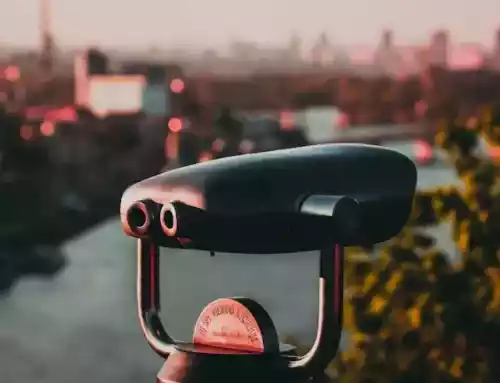
One of our favorite human euphemisms is, “I didn’t have a choice.” We use it to excuse our behavior, to justify our actions, and otherwise explain ourselves. The problem is this is never true. One hundred percent of the time we have a choice. One hundred percent.
The Limiting Factor
We live in a world of cause and effect, action and reaction. When we face a circumstance, we must make a choice. And each choice comes with a set of consequences.
When we speak of “not having a choice”, what we are really talking about is the powerful threat of a particular consequence. Sometimes a result looms so large it feels as though it is the only option. It seems powerful, inevitable. The circumstances seem to be conspiring, funneling us toward a particular consequence.
But just because a consequence looms large, does not mean it is inevitable, or that it negates our ability to choose.
Let’s look at a small example: you have not studied well and you are a few hours from your final exam. If you don’t cheat on this test, you will fail the course. If you fail the course, your parents will be upset and you might lose your scholarship. Those consequences loom so large that cheating seems like the only real choice. Just this one time. Just to get through.
We are, then, afraid of certain consequences. And, in this example, we are also trying to avoid the reality of consequences from our previous decisions (not to study).
In one of the best books on perspective ever written, Viktor Frankl talks about the consequences within a Nazi-run concentration camp. What are the prisoners to do? They have no choice, it seems. But Frankl disagrees.
Owning Our Choices
The conclusion Frankl comes to is that the Nazis cannot control his choices. They can dish out certain consequences for his choices, but the decision is still his to make. It is a pretty incredible thought, in this evil place where the most dire of unjust consequences are doled out.
Thankfully, most of us will never experience anything as terrible as a concentration camp. But if Viktor Frankl can find the courage to take ownership of his choices in that setting, surely we can find the strength to do the same in our own.
We often think that owning our choices means controlling the consequences. If we can’t take care of the one, we feel like the other is beyond us as well.
Then, we become slaves to our circumstances. We are driven by a fear of consequences rather than by vision or courage. Instead of being driven by our deepest values, we are guided by what the circumstances seem to dictate. This leads, most often, to a superficial life full of, at best, short term gains.
To make the most of our lives, we have to let go of the idea that we can control circumstances. And we have to grow beyond the idea that if we cannot control the result, we have no sense of ownership of the choice.
Your choices are yours. They may lead to awkward conversations of painful results. People may ridicule you. Life might be harder. But you are responsible for the things you are responsible for. No less and no more.
External factors will often try to manipulate us into certain choices. They do this best by presenting a specific consequence as the only viable option. It isn’t.
Choices matter because they reveal our character. They are important not for the practical results they lead to, but because of the courage they reveal. Our choices are ours. They reveal what matters to us. No matter the consequences, what we decide belongs to each of us alone.
Joey Willis is a writer and Servant Leadership Trainer with The Crossroad.




